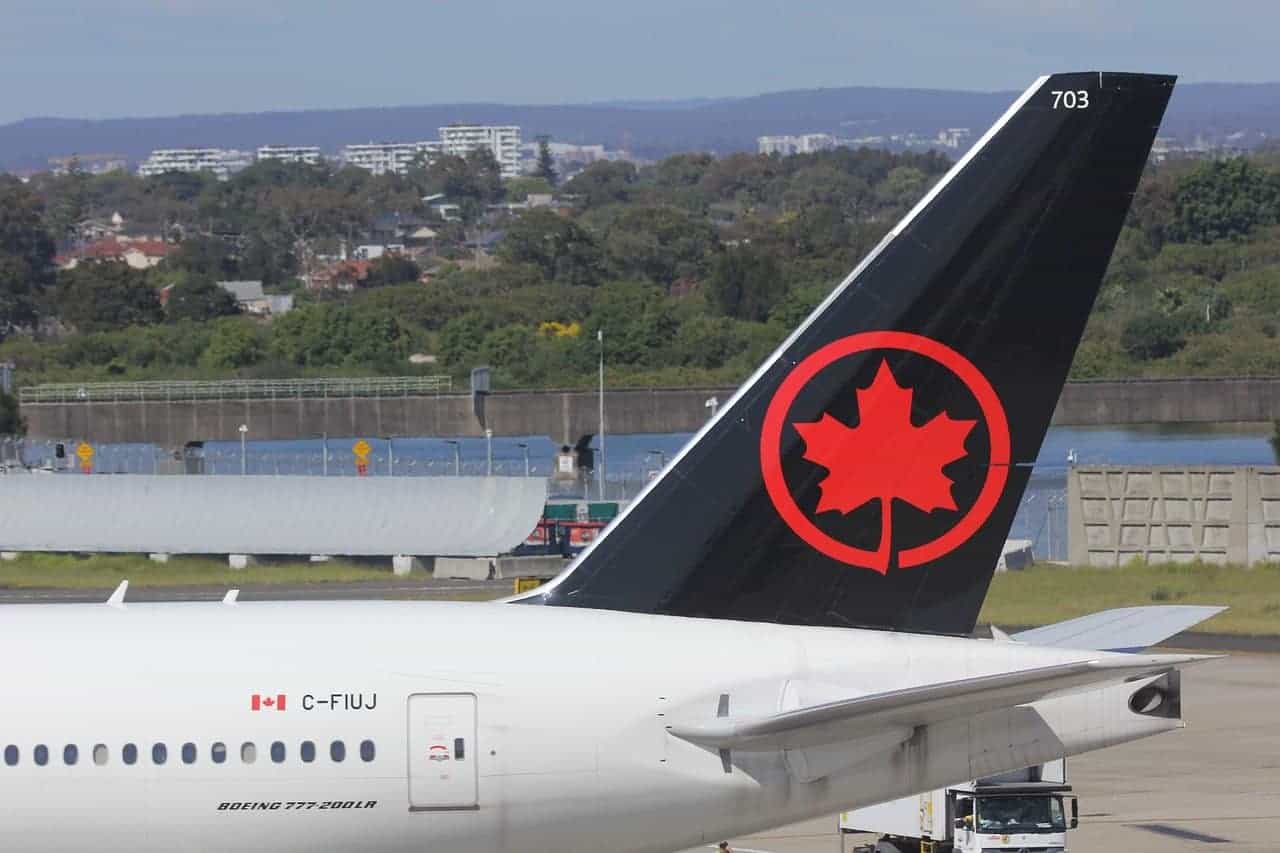The Embassy of Canada to Costa Rica, Nicaragua and Honduras has released additional information about the North American country’s new travel measures.
Canadian airlines have agreed to suspend flights to “Mexico and Caribbean countries” until April 30. Costa Rica is among the countries included by this definition.
In addition, Canada will soon enforce stringent testing and isolation requirements for all returning travelers.
Below is the alert from Transport Canada and the Canadian Embassy:
****
The Government of Canada announced new rules on international travel, in addition to the multi-layered approach on COVID-19 already in place. The government and Canada’s airlines have agreed to suspend all flights to and from Mexico and Caribbean countries until April 30, 2021. This will be in effect as of January 31, 2021.
Further, effective midnight (11:59 PM EST) February 3, 2021, in addition to proof of a negative pre-departure test, Transport Canada will expand the existing international flight restrictions which funnel scheduled international commercial passenger flights into four Canadian airports: Montréal-Trudeau International Airport, Toronto Pearson International Airport, Calgary International Airport, and Vancouver International Airport. The new restrictions will include scheduled commercial passenger flights arriving from the United States, Mexico, Central America, the Caribbean and South America, which were exempted from the previous restriction. Private/Business and charter flights from all countries will also be required to land at the four airports. Flights from Saint-Pierre-et-Miquelon and cargo-only flights will remain exempt.
As soon as possible in the coming weeks, all air travellers arriving in Canada, with very limited exceptions, must reserve a room in a Government of Canada-approved hotel for three nights at their own cost, and take a COVID-19 molecular test on arrival at their own cost. More details will be available in the coming days.
The Government of Canada will introduce a 72-hour pre-arrival testing requirement (molecular test) for travellers seeking entry in land mode, with limited exceptions such as commercial truckers. In addition, we continue to collaborate with partners in the United States to strengthen our border measures and keep our countries safe.
Quick facts
- Travellers entering Canada have a responsibility to make suitable arrangements for mandatory quarantine, which begins on the day they enter Canada. They are also required to submit COVID-19 related information electronically daily.
- Failure to provide accurate information is an offence under the Quarantine Act. In addition, violating any quarantine or isolation instructions provided to travellers by a Screening Officer or quarantine officer when entering Canada is also an offence under the Quarantine Act and could lead to serious penalties, including six months in prison and/or $750,000 in fines.
- PHAC currently contacts more than 6,500 travellers each day through phone calls, which verify their compliance with the mandatory isolation order.
- As of January 26, 2021, 99% of the 48,682 interventions by law enforcement have resulted in compliance by travellers. However, in a minority of cases, verbal warnings, written warnings, tickets, and charges have been issued.
- The Government of Canada is working directly with Aéroports de Montréal to offer voluntary testing on-site at the Montréal-Trudeau International Airport for arriving international travellers who wish to take a test before leaving the airport. This testing pilot project is in addition to those at Toronto’s Pearson International Airport and the Calgary International Airport.
****
Both Air Canada and WestJet may still offer flights back to Canada from Costa Rica; contact them for more information. Non-Canadian airlines, like Copa and United, may also continue flying between Canada and Costa Rica.
Click here to see a list of coronavirus testing locations for tourists in Costa Rica.
For more information about Canadian policies, contact the Canadian Embassy or Transport Canada.






